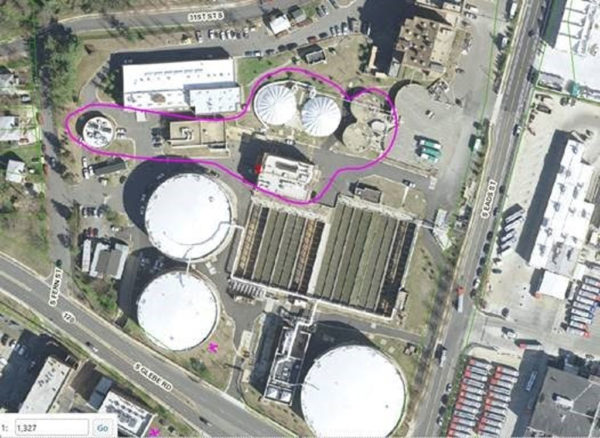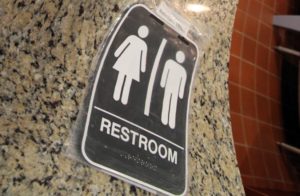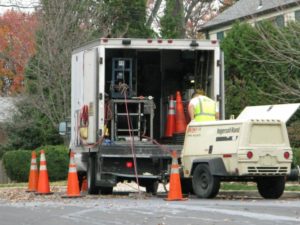Updated at 11:35 a.m. — The work on the county’s sewage plant has been postponed until next week, officials say.
UPDATE 11:15am – This repair work has been postponed. Any safe-but-perhaps-noticeable odor likely to be rescheduled for early next week. [Insert Redskins defense reference here.] https://t.co/N1wV5vJkpO
— Arlington Department of Environmental Services (@ArlingtonDES) September 24, 2019
Earlier: The air near Arlington’s sewage plant is expected to be a bit more rank than usual this week.
The county’s Dept. of Environmental Services announced yesterday that the plant near Crystal City was undergoing repair work on its odor control system, starting today (Tuesday). As a result “a sulfurous odor may be noticeable near the plant as air is vented out of manholes on both sides of South Glebe Road.”
Staff from the department provided a diagram (above) showing the location of the work and the odorous manholes, noting that the extra emissions are safe and not a health hazard.
The full announcement from DES is below.
Greetings:
Tomorrow through Friday, weather-permitting, crews at the County Water Pollution Control Plant will be repairing a duct connected to an odor control scrubber system that discharges cleaned air to the atmosphere. During the work, a sulfurous odor may be noticeable near the plant as air is vented out of manholes on both sides of South Glebe Road.
There is no health hazard posed by this work.
The photo [above] shows the scrubber buildings involved in the repairs as outlined and two small purple x’s indicating the manholes involved in venting.
Safety is always the plant staff’s No. 1 priority. Last year, the plant won the Virginia Water Environment Association’s Facility Safety Award.
Thank you for your patience and understanding.
Arlington County Department of Environmental Services
Image via Arlington Dept. of Environmental Services




